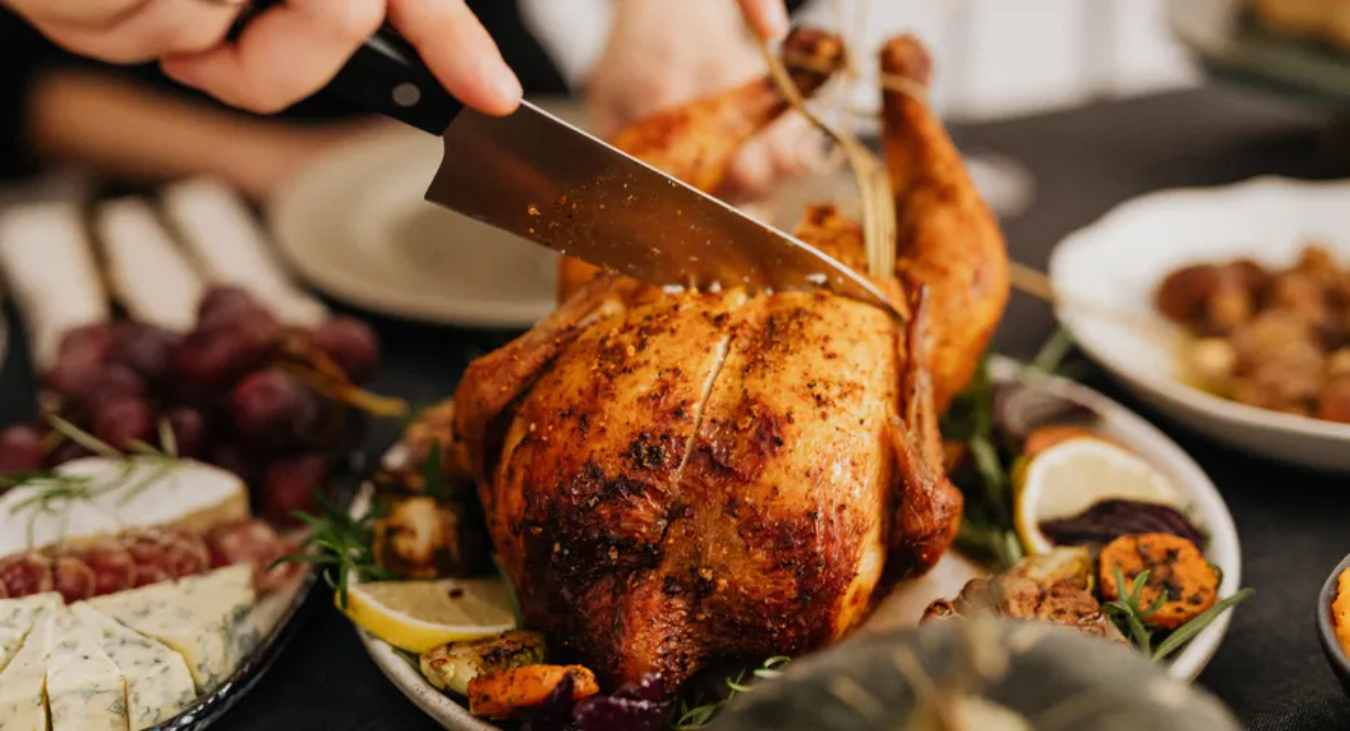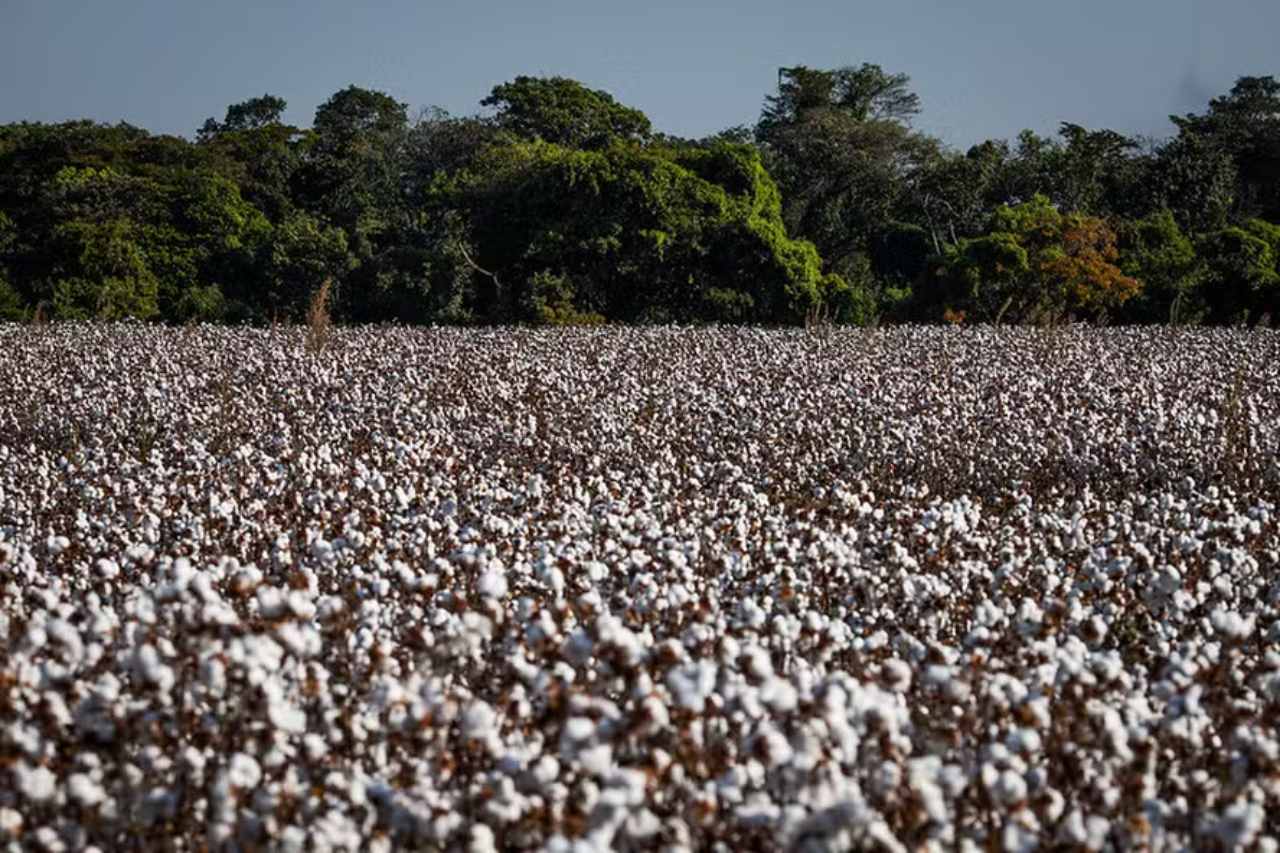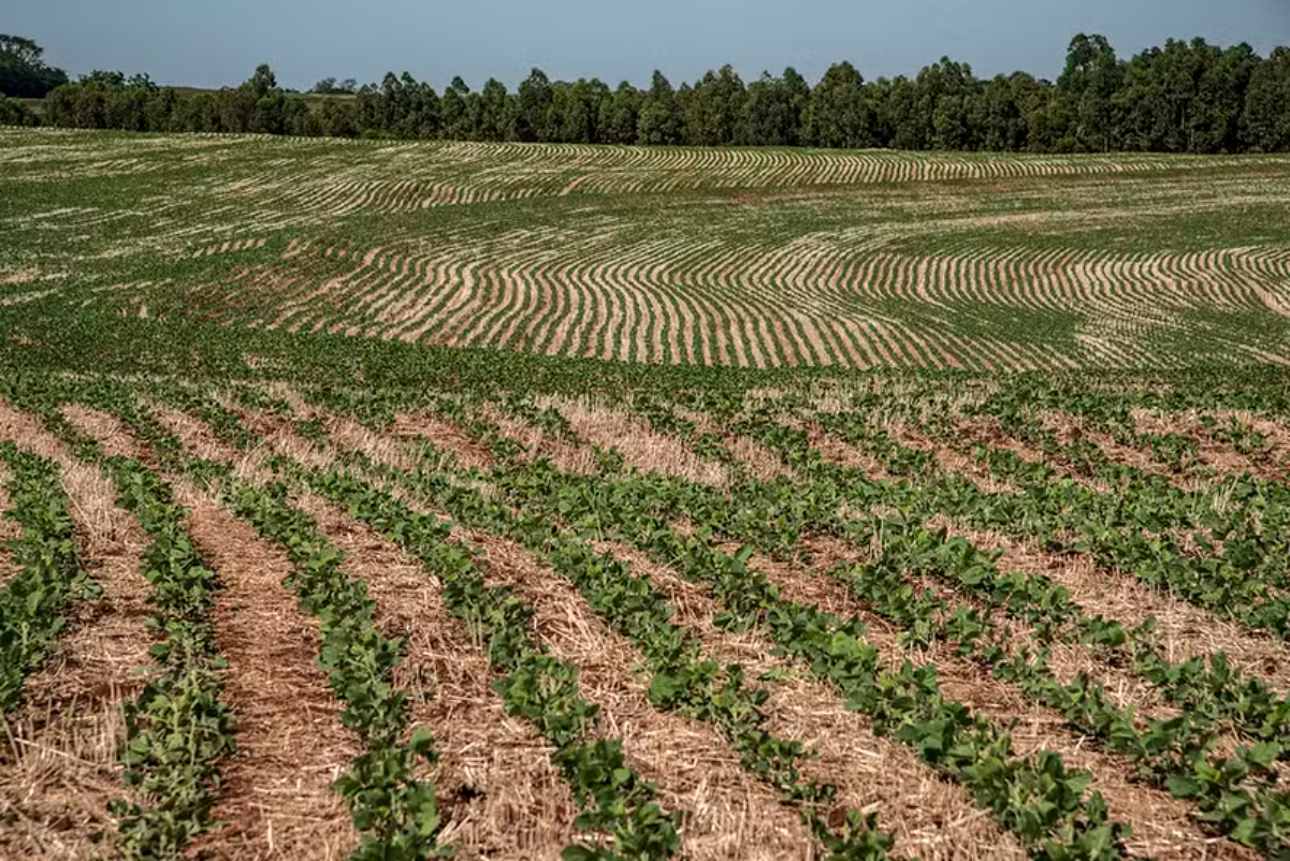The federal government is discussing the inclusion of meats among the items in the basic food basket that will be exempted from taxes in the tax reform. President Luiz Inácio Lula da Silva argued that “premium meat can bear a small tax,” while “the meat consumed by the people” should remain tax-free. But what are the most consumed meats in Brazil?
More than half of the country’s population belongs to classes D and E, with incomes not exceeding R$3,500. These are the groups Lula refers to when mentioning the Brazilian people. Due to their limited purchasing power, the most sought-after proteins among this demographic are primarily chicken and front cuts of beef.
Chicken is the most consumed meat in Brazil, with a per capita consumption estimated at 46 kilograms per year, according to the U.S. Department of Agriculture (USDA).
Beef consumption is around 35 kilograms per capita, while pork consumption stands at 21 kilograms per capita, according to analysis by Scot Consultoria.
Regarding cattle, Lygia Pimentel, director of Agrifatto, explains that essentially all parts of the animal are utilized, and demand for the whole carcass balances according to prices.
“The beef carcass consists largely of ‘secondary cuts,’ so the most consumed meats by Brazilians are naturally the second-tier meats (or front cuts + shoulder cuts), which are cheaper than premium rear cuts,” she added.
Examples of Beef Cuts:
- Front Cuts: Chuck, shoulder, fore shank, rib
- Intermediate Cuts: Round, flank, silverside
- Rear Cuts: Sirloin, tenderloin, top sirloin, bottom round, flank steak
Alcides Torres, director of Scot, highlighted that as the salary payment period progresses each month, the consumption of front beef cuts increases.
Although chicken is considered the most affordable protein and is highly demanded by the population, there are distinctions among cuts, with wings being more sought after by lower-income consumers, while breasts are regarded as more premium.
“The dynamics are similar: pork tenderloin [premium] versus rib chops [affordable], for instance,” Lygia notes about the most consumed pork cuts depending on income.
Prices
There is a noticeable price difference between the meats sought by Brazilians, which helps guide demand based on social class.
Last week, refrigerated chicken averaged R$6.10 per kilogram in wholesale markets in São Paulo, according to Scot Consultoria data. Wholesale pork carcasses were priced at R$10.60 per kilogram.
In the beef segment, one of the cheapest cuts was chuck, priced at R$18.94 in wholesale markets in São Paulo. In contrast, premium cuts like picanha and tenderloin exceeded R$50 per kilogram.
“Beef is becoming less competitive compared to chicken and pork, given the rising prices of castrated and heifer carcasses, in contrast to falling prices for chicken and pork,” Scot reported.
Taxation
President Lula argued for a separation between the cuts included in the tax exemption of the basic food basket. According to the government’s official proposal, animal proteins would fall under the extended basic food basket, with a 40% tax rate.
“I support including meat in the basic food basket in the tax reform. There are various types of meat. Premium meat can bear a small tax. Chicken, muscle cuts, chuck, and bottom round could all be exempt from taxes. I believe we need to include meat in the basic food basket without taxes,” he said in an interview with Rádio Sociedade in Salvador (BA).
Lygia, the Agrifatto director, assesses that taxing premium (or expensive) cuts will further distance the average population from these products. “I would say this can reinforce inequality. Those with money will not be limited,” she stated.
She believes that imposing any tax raises product prices, ultimately driving consumers to shift their demand to cheaper meats, such as from beef to chicken and pork, “elitizing the consumption of premium meats.”
Federal Deputy Pedro Lupion (PP-PR), president of the Parliamentary Front for Agriculture (FPA), stated on Tuesday that the ruralist caucus continues to advocate for the inclusion of animal proteins among the items in the exempt basic food basket. According to him, there is already agreement among the Federal Chamber’s working group on this issue.





